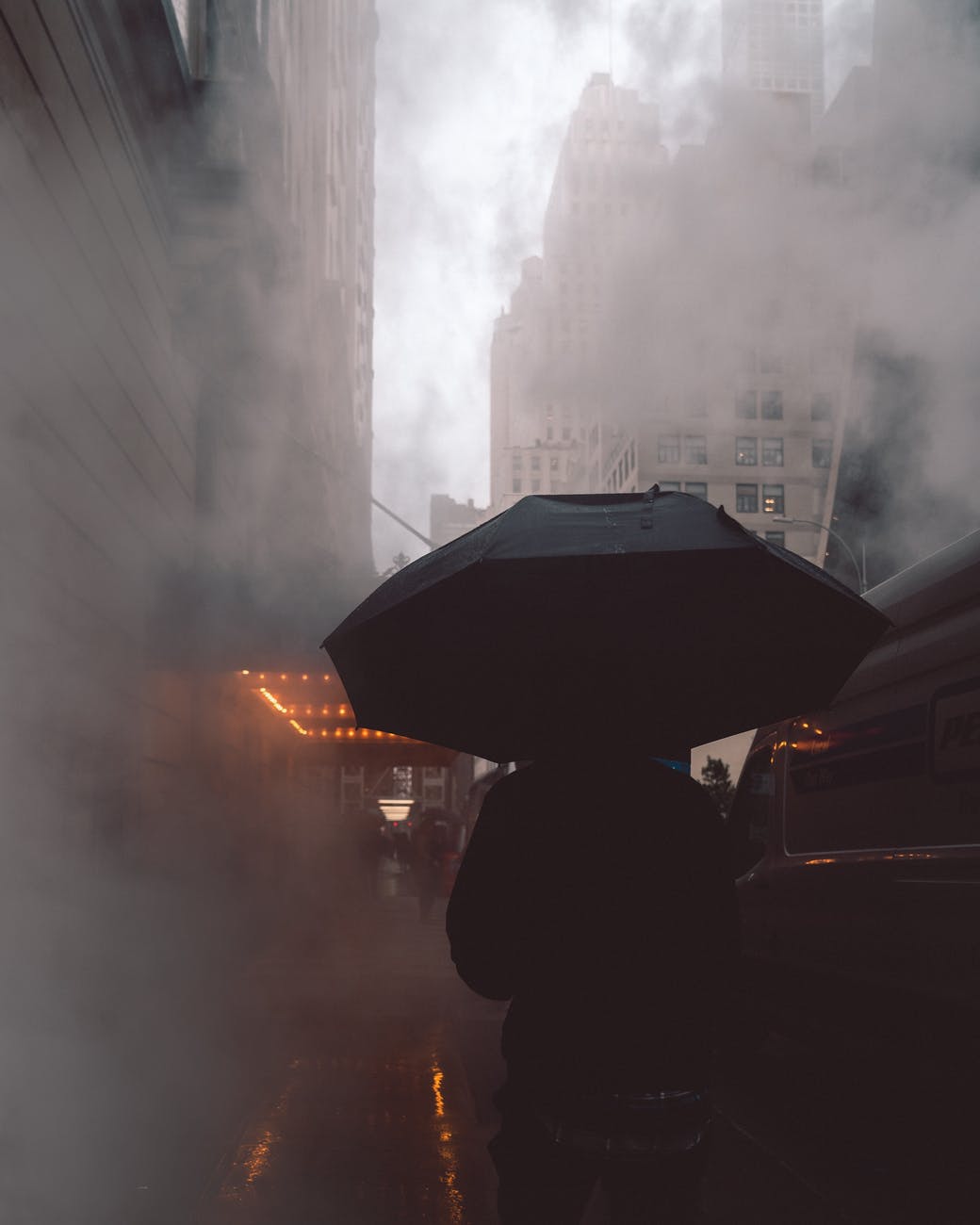This is part II of The Umbrella Man. If you skipped the previous post, it might make more sense if you go back and take a quick look.
A few years ago, I was reviewing CCTV images in relation to a suspicious incident. The picture quality was low and there was no audio. As I reviewed the footage, I saw many persons who appeared to be exhibiting suspicious behavior. This was largely due to bias. I was looking for suspicious behavior; therefore, I saw suspicious behavior.
Some of the Kennedy assassination investigators may have had the same bias in relation to “The Umbrella Man,” a figure caught on film at the site of the Kennedy assassination. The investigators were reviewing crime scene video, so they were already on the alert. What they saw was a man holding an umbrella on a clear day. His behavior did not match the circumstances. The “obvious” conclusion was he must be up to no good.
Once a mindset takes root it is difficult to shake, which is why it is critical to begin an analysis by brainstorming all possible explanations for a dataset or scenario. It is good practice to include innocuous explanations as we list our hypotheses, even when they seem counterintuitive. Keeping our minds open to a wide range of possibilities minimizes bias and helps us to incorporate new information as it arises.
Here is the story behind The Umbrella Man footage.
Louie Steven Witt: The Umbrella Man
In 1978, Louie Steven Witt appeared voluntarily before a Congressional Committee in response to a public appeal for his identification. Witt said his goal in raising an umbrella as the motorcade passed was to heckle the president. He had a vague understanding the umbrella was a “sore spot” with the Kennedys, harkening back to the time the president’s father, Joe Kennedy, was ambassador to England. Witt believed the umbrella symbolized Prime Minister Neville Chamberlain’s appeasement of Hitler, although he was unclear about the full context or origin of the insult.
Witt waited on the grassy knoll in Dealey Plaza because there were fewer people, so he thought he stood a better chance of the president seeing the raised umbrella. But also, Witt shied away from attention, so he chose a quieter place where his action would get less notice from the crowd.
In his closing statement to Congress, Witt stated, “if the Guinness Book of World Records had a category for people who were at the wrong place at the wrong time, doing the wrong thing, I would be No. 1 in that position, without even a close runner-up.”

